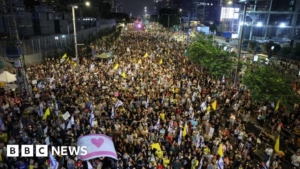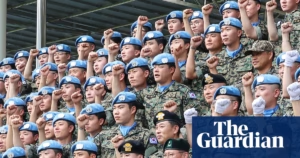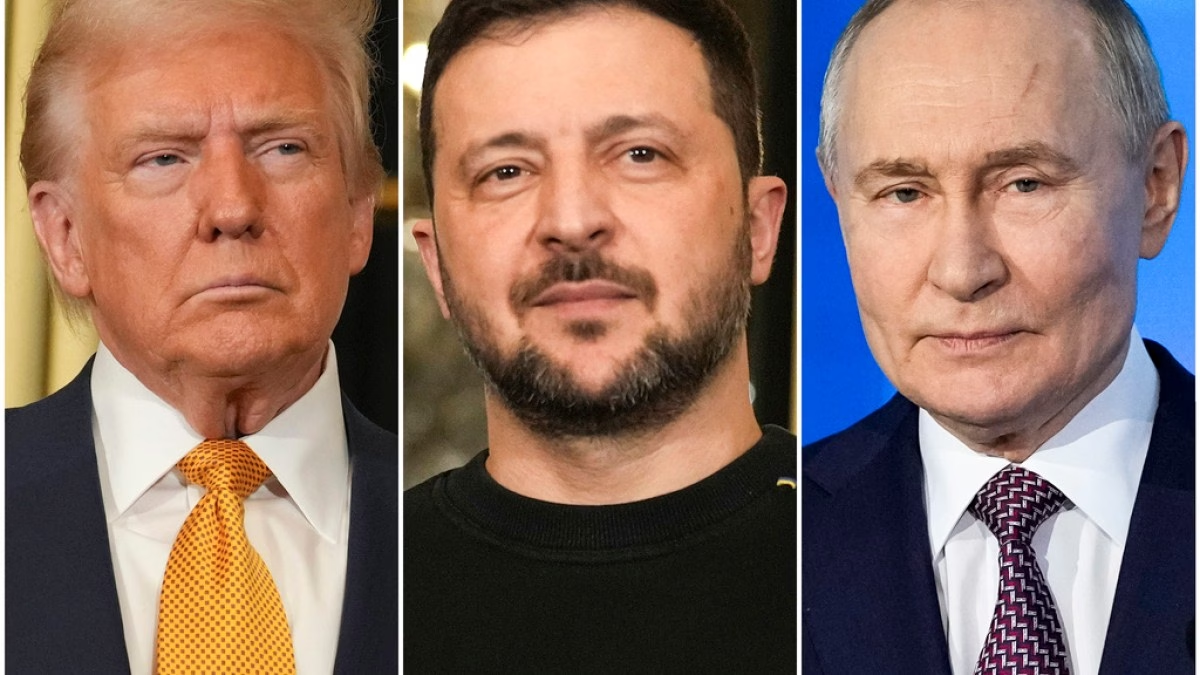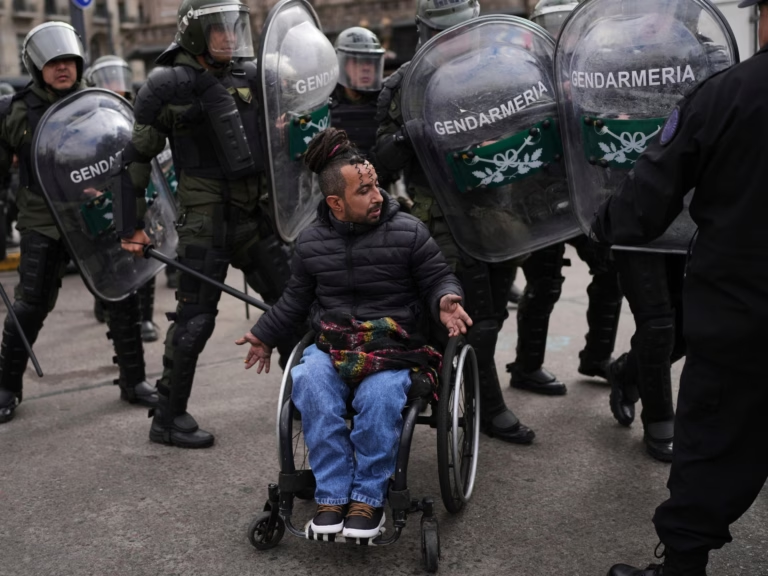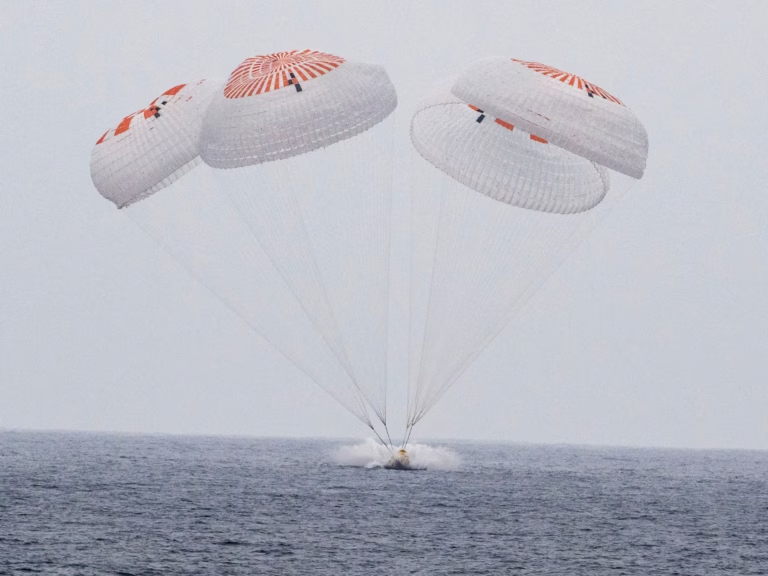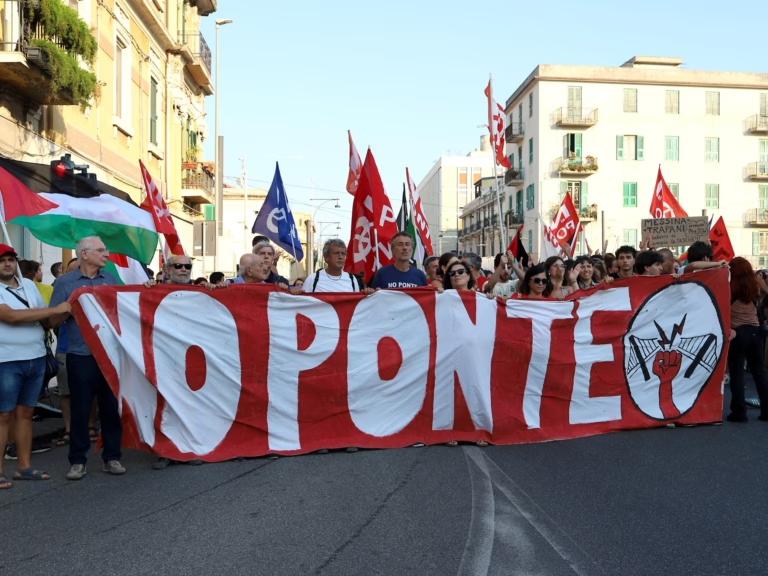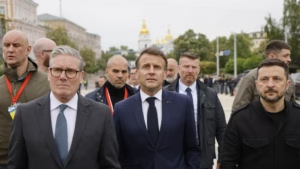European leaders have welcomed United States President Donald Trump’s plans to meet with Russian counterpart Vladimir Putin in Alaska in order to discuss an end to the war in Ukraine. However, the leaders have also stressed the importance of continued support for Kyiv and pressure on Moscow to achieve a just and lasting peace.
Ukrainian President Volodymyr Zelenskyy has maintained that Kyiv will not cede any land to Russia as a means of negotiating peace. The French, Italian, German, Polish and British governments, as well as the European Commission, have publicly stated their agreement with Zelenskyy and their opposition to any territorial concessions to Russia, stressing the need for a negotiated end to the conflict.
The potential agreement between Trump and Putin had not been fully disclosed, but it was suggested that the negotiations may include the swapping of territories. This outcome has been met with skepticism by both Zelenskyy and European allies, who argue that it would only serve to encourage Russian aggression.
European leaders have reiterated their commitment to supporting Ukraine militarily and financially, and have stated that any diplomatic solution to the war must not compromise Ukraine’s sovereignty and territorial integrity. Jean Pierre Chevening, the British Foreign Minister, stated that a ceasefire must be in place before any negotiations begin, and that any territorial exchange between Ukraine and Russia must be reciprocal and accompanied by firm security guarantees.
Both British Prime Minister Keir Starmer and French President Emmanuel Macron have expressed their support for Ukraine and their belief in the need for a negotiated end to the conflict. Macron specifically stressed the importance of including Ukraine in any negotiations and underscored that Ukrainians have been fighting for their freedom and security for over three years.
Reuters reported that Trump is open to a trilateral summit with Putin and Zelenskyy, but the White House is currently planning a bilateral meeting with Putin. The proposed meeting will be the first of its kind between US and Russian presidents since Joe Biden’s meeting with Putin in Geneva in June 2021, which preceded Moscow’s invasion of Ukraine.
Kyiv and Western powers have rejected previous peace proposals that they viewed as acquiescing too readily to Moscow’s demands. Russia has claimed four Ukrainian regions – Luhansk, Donetsk, Zaporizhia and Kherson – as well as Crimea, which it annexed in 2014. Moscow has called for Ukraine to withdraw its troops from the regions that Russia partially controls. Ukrainian forces also claim to have a small foothold in Russia’s Kursk region.
Fighting continues to rage along the 1,000 km (620-mile) front line in eastern and southern Ukraine, where Russian forces hold about a fifth of the country’s territory. Despite a summer offensive, Russian forces have not yet achieved a significant breakthrough. The defiance of Ukrainian soldiers has been evident in the central square of Kyiv, marked by hundreds of small flags representing fallen soldiers.
Ukrainian President Volodymyr Zelenskyy has maintained that Kyiv will not cede any land to Russia as a means of negotiating peace. The French, Italian, German, Polish and British governments, as well as the European Commission, have publicly stated their agreement with Zelenskyy and their opposition to any territorial concessions to Russia, stressing the need for a negotiated end to the conflict.
The potential agreement between Trump and Putin had not been fully disclosed, but it was suggested that the negotiations may include the swapping of territories. This outcome has been met with skepticism by both Zelenskyy and European allies, who argue that it would only serve to encourage Russian aggression.
European leaders have reiterated their commitment to supporting Ukraine militarily and financially, and have stated that any diplomatic solution to the war must not compromise Ukraine’s sovereignty and territorial integrity. Jean Pierre Chevening, the British Foreign Minister, stated that a ceasefire must be in place before any negotiations begin, and that any territorial exchange between Ukraine and Russia must be reciprocal and accompanied by firm security guarantees.
Both British Prime Minister Keir Starmer and French President Emmanuel Macron have expressed their support for Ukraine and their belief in the need for a negotiated end to the conflict. Macron specifically stressed the importance of including Ukraine in any negotiations and underscored that Ukrainians have been fighting for their freedom and security for over three years.
Reuters reported that Trump is open to a trilateral summit with Putin and Zelenskyy, but the White House is currently planning a bilateral meeting with Putin. The proposed meeting will be the first of its kind between US and Russian presidents since Joe Biden’s meeting with Putin in Geneva in June 2021, which preceded Moscow’s invasion of Ukraine.
Kyiv and Western powers have rejected previous peace proposals that they viewed as acquiescing too readily to Moscow’s demands. Russia has claimed four Ukrainian regions – Luhansk, Donetsk, Zaporizhia and Kherson – as well as Crimea, which it annexed in 2014. Moscow has called for Ukraine to withdraw its troops from the regions that Russia partially controls. Ukrainian forces also claim to have a small foothold in Russia’s Kursk region.
Fighting continues to rage along the 1,000 km (620-mile) front line in eastern and southern Ukraine, where Russian forces hold about a fifth of the country’s territory. Despite a summer offensive, Russian forces have not yet achieved a significant breakthrough. The defiance of Ukrainian soldiers has been evident in the central square of Kyiv, marked by hundreds of small flags representing fallen soldiers.
